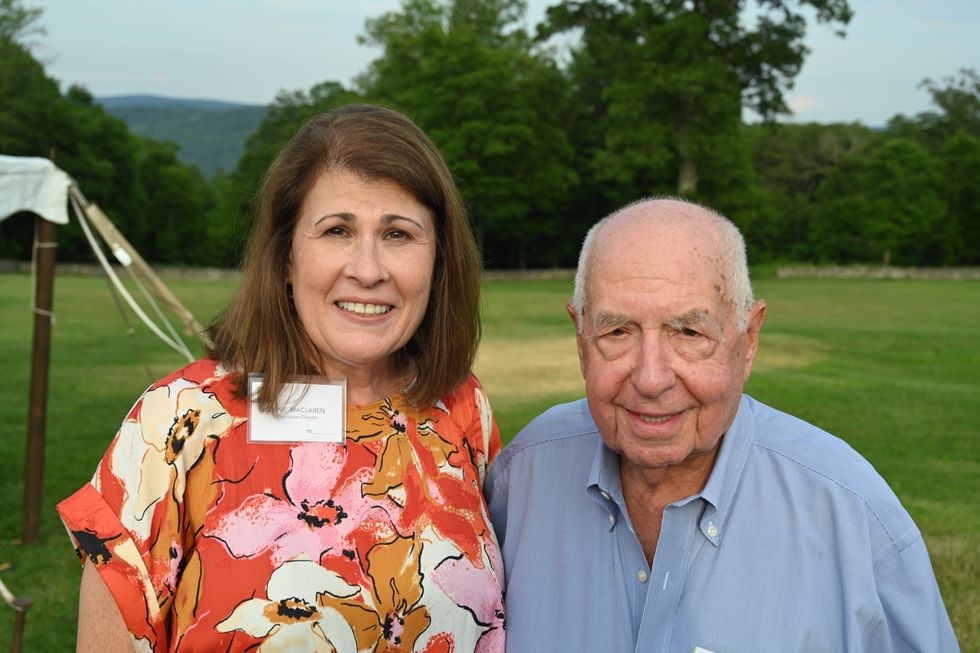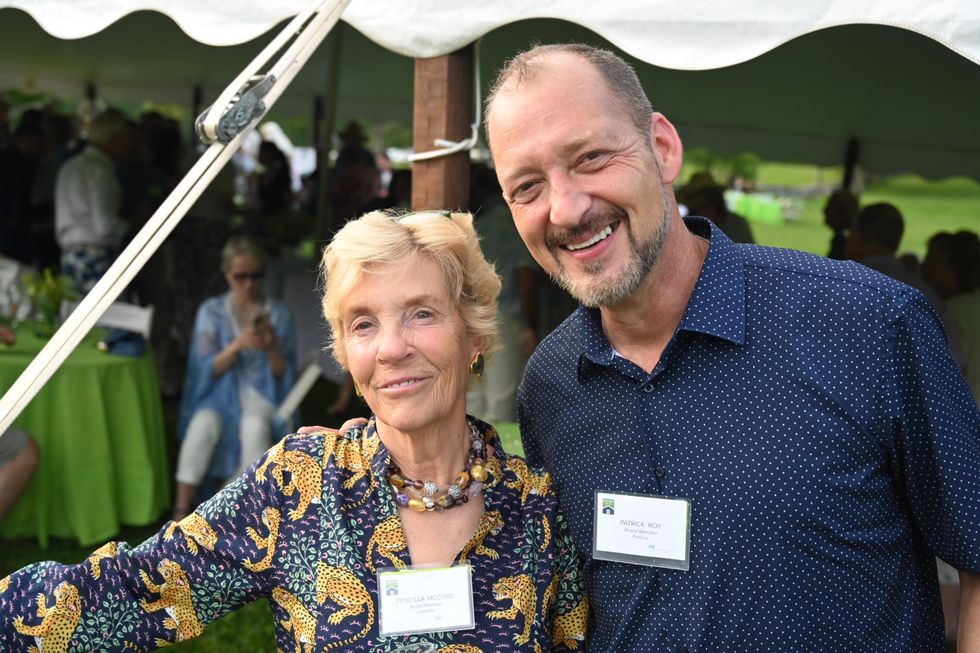Music and Life, as One, in ‘Aria Code’

Although she is best known as a country/folk/blues performer, MacArthur “Genius” Rhiannon Giddens was classically trained. She is host of the “Aria Code” podcast, which makes opera relevant to the modern world. Photo from WNYC

 A hauler parade arrived in Salisbury Thursday, June 26, marking the return of NASCAR to Lime Rock Park.Photo by Lans Christensen
A hauler parade arrived in Salisbury Thursday, June 26, marking the return of NASCAR to Lime Rock Park.Photo by Lans Christensen Crew mechanics worked in the paddocks Friday, June 27, to get vehicles ready for racing on Lime Rock Park's unique course.Photo by Lans Christensen
Crew mechanics worked in the paddocks Friday, June 27, to get vehicles ready for racing on Lime Rock Park's unique course.Photo by Lans Christensen P.J. Haviland, of Kent, had a front row seat to the action Friday, June 27.Photo by riley Klein
P.J. Haviland, of Kent, had a front row seat to the action Friday, June 27.Photo by riley Klein Vehicles gassed up for race day Saturday, June 28.Photo by Riley Klein
Vehicles gassed up for race day Saturday, June 28.Photo by Riley Klein Lime Rock Park's hillside was filled with guests Saturday, June 28.Photo by Lans Christensen
Lime Rock Park's hillside was filled with guests Saturday, June 28.Photo by Lans Christensen Corey Heim and crew pose at the finish line after winning his fifth race of the 2025 Craftsman Truck season.Photo by Riley Klein
Corey Heim and crew pose at the finish line after winning his fifth race of the 2025 Craftsman Truck season.Photo by Riley Klein Lime Rock Park CEO Dicky Riegel, second from left, presented the trophy to Thomas Annunziata, center, after he won the ARCA Menards Lime Rock Park 100 on Saturday, June 28.Photo by Riley Klein
Lime Rock Park CEO Dicky Riegel, second from left, presented the trophy to Thomas Annunziata, center, after he won the ARCA Menards Lime Rock Park 100 on Saturday, June 28.Photo by Riley Klein NASCAR fans enjoyed a weekend of on-track action at Lime Rock Park June 27-28.Photo by Riley Klein
NASCAR fans enjoyed a weekend of on-track action at Lime Rock Park June 27-28.Photo by Riley Klein


 Jane MacLaren, Executive Director of Chore Service, and Mort Klaus, host of the Garden Party eventBob Ellwood
Jane MacLaren, Executive Director of Chore Service, and Mort Klaus, host of the Garden Party eventBob Ellwood Priscilla McCord, outgoing Board Chair of Chore Service and Patrick Roy, incoming Chair.Bob Ellwood
Priscilla McCord, outgoing Board Chair of Chore Service and Patrick Roy, incoming Chair.Bob Ellwood


